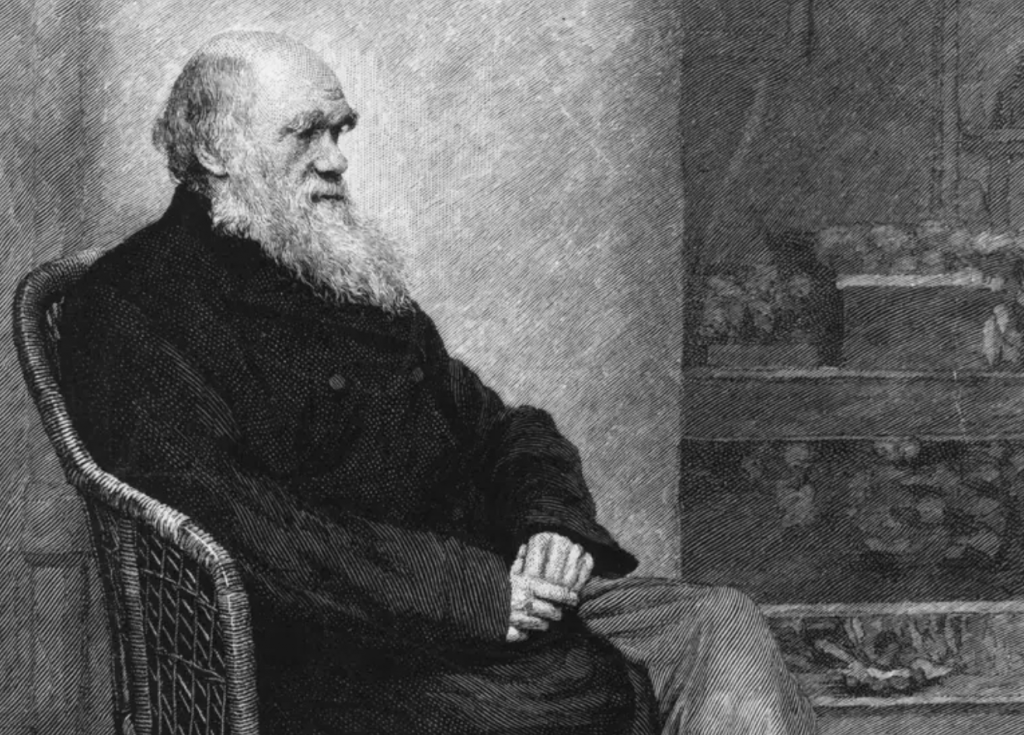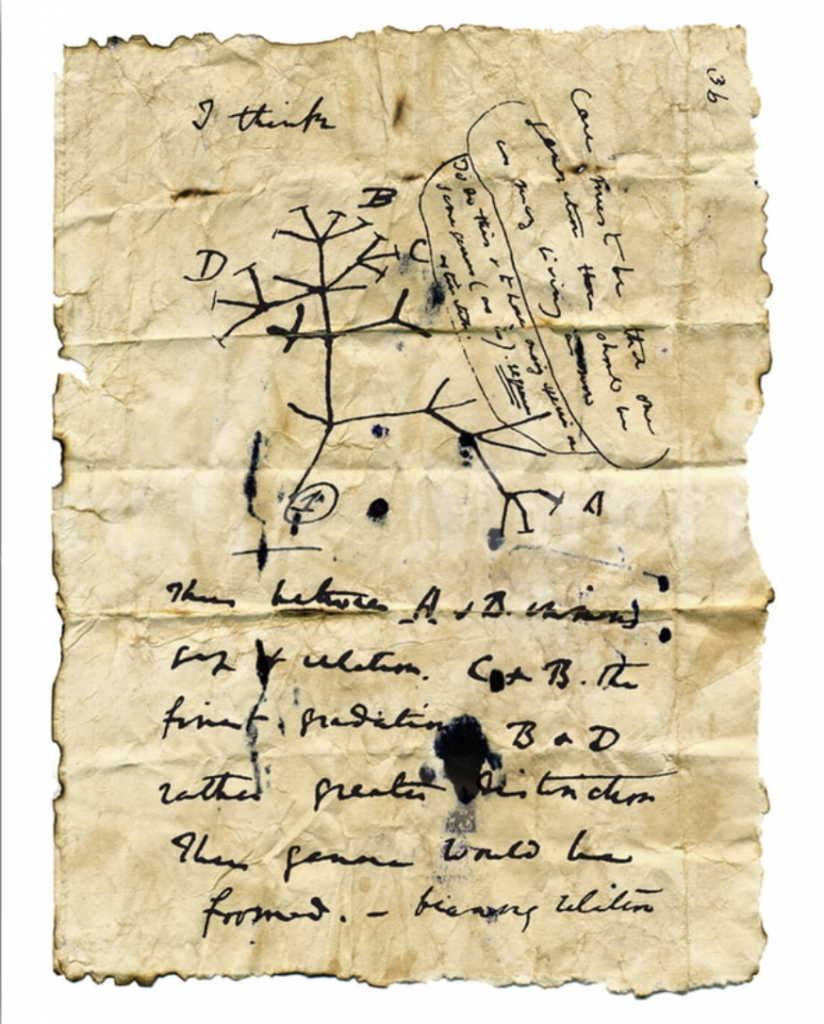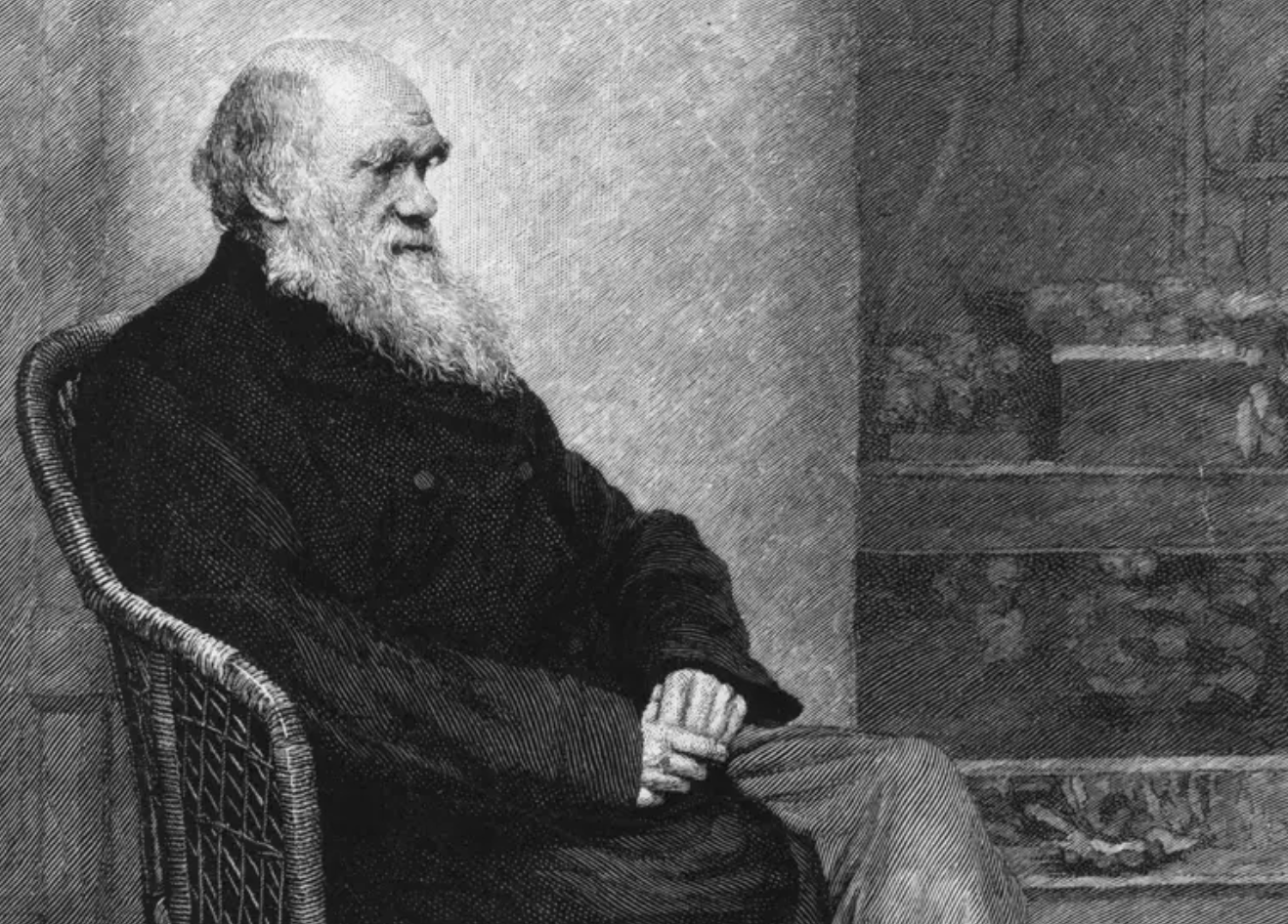CHARLES DARWIN’S ON THE ORIGIN OF SPECIES PUBLISHED (1859)
Have you ever wondered where your favourite animals, flowers, or even people originated from?? Well, Charles Darwin and his book On the Origin of Species tells us exactly how!

Charles Darwin is a pretty famous guy, and deservedly so. This guy revolutionized biology by explaining how life evolves and diversifies, and still continues to remain relevant today.
Charles Darwin’s book introduced the scientific theory that populations evolve over the course of generations through a process we call natural selection. This book presented a body of evidence that the diversity of life arose by common descent through a branching pattern of evolution. Darwin went on a big trip, collecting evidence in the 1830s on the Beagle Expedition, and his subsequent findings from the research included evidence of this theory.
FUN FACT: He liked to eat exotic animals, but not owls.
While on his journey, according to the records, Charles Darwin’s favourite meal was a 20-pound rodent believed to be an agouti. He describes it as the “very best meat he’s ever tasted”.
Arguing wth the Critiques!
Darwin at first SHOCKED religious Victorian society by suggesting that animals and humans shared a common ancestry. I mean, making the statement that wild monkeys were related to us as human beings, was a crazy idea to people who never would have imagined. However, his nonreligious biology appealed to the rising class of professional scientists, and by the time of his passing, evolutionary imagery had spread through all of science literature and politics.

https://en.wikipedia.org/wiki/Evolution
Nature and structure of Darwin’s Arguments in his writing
Darwin’s aims were twofold: to show that species had in fact not been separately created and that natural selection had been the chief agent of change. The first couple of chapters in his book lay out his case that selection in nature, caused by the struggle for existence, is analogous to the selection of variations under domestication, and that the accumulation of adaptive variations provides a scientifically testable mechanism for evolutionary speciation.

The Modern Influence
Yes, he established a philosophy of biology by introducing the time factor, demonstrating the importance of chance and contingency, and showing that theories in evolutionary biology are based on concepts rather than laws. But furthermore-and this is perhaps Darwin’s greatest contribution – he developed a set of new principles that influence the thinking of every person: the living world, through evolution, can be explained.
To now summarize our findings, no educated person questions the validity of the theory of evolution, which we now know to be a simple fact. Likewise, most of Darwin’s particular theses have been fully confirmed, such as that of common descent, the gradualism of evolution, and his explanatory theory of natural selection.
References.

